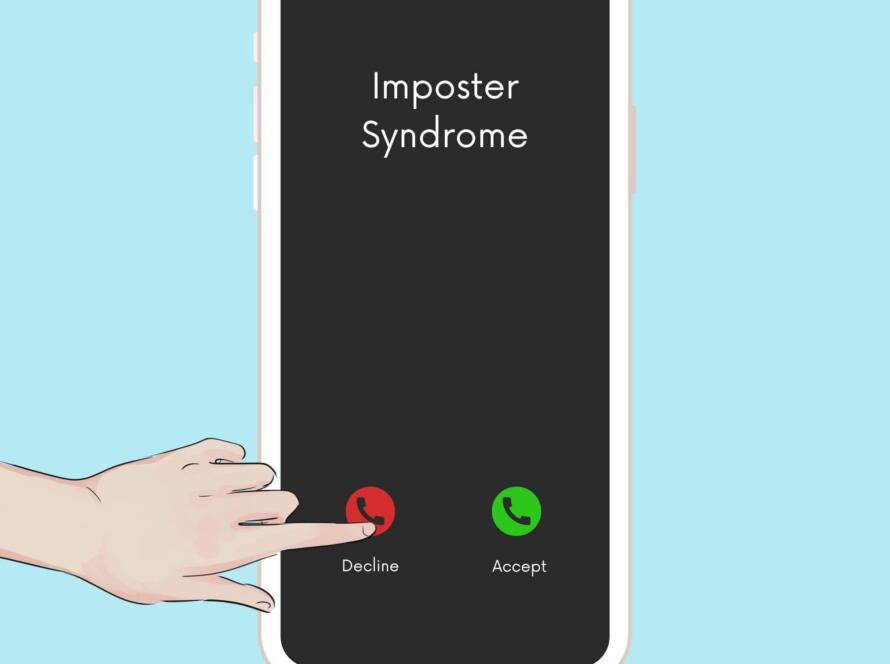Procrastination is a common challenge that many face, often leading to stress, missed deadlines, and feelings of inadequacy. Understanding your personal triggers and implementing effective strategies can help you overcome this habit and boost your productivity. In this article, we’ll explore how to identify the causes of procrastination and provide actionable solutions to get you moving forward.
Identifying Triggers of Procrastination
Understanding what leads you to procrastinate is the first step in overcoming it. Here are some common triggers to consider:
1. Fear of Failure
Many people procrastinate due to the fear of not meeting expectations or failing at a task. This fear can create paralysis, making it easier to avoid the task altogether.
2. Perfectionism
Striving for perfection can lead to procrastination. When individuals set unachievable standards, they may delay starting tasks to avoid the discomfort of not meeting those standards.
3. Overwhelm
Feeling overwhelmed by the size or complexity of a task can make it easier to put it off. When faced with a daunting project, the instinct may be to avoid it rather than break it down into manageable parts.
4. Lack of Motivation
Sometimes, a lack of interest or motivation in a task can lead to procrastination. If the task feels irrelevant or unengaging, it can be challenging to get started.
5. Distractions
In our digital age, distractions abound. Social media, notifications, and a cluttered environment can easily divert your attention away from important tasks.
Strategies for Getting Started on Tasks
Now that you’ve identified your triggers, it’s time to implement strategies that can help you overcome procrastination.
1. Break Tasks into Smaller Steps
Divide larger tasks into smaller, manageable steps. This approach makes the task feel less overwhelming and allows you to focus on one aspect at a time. Celebrate small victories along the way to maintain motivation.
2. Set Clear Deadlines
Establish specific deadlines for each part of the task. Having a timeline creates a sense of urgency and accountability, making it easier to stay on track.
3. Use the Two-Minute Rule
If a task can be completed in two minutes or less, do it immediately. This rule helps clear small tasks quickly, reducing the overall burden and making it easier to tackle larger projects.
4. Create a Distraction-Free Environment
Identify your distractions and minimize them. Consider turning off notifications, using apps that block distracting websites, or setting up a dedicated workspace that promotes focus.
5. Establish a Routine
Developing a daily routine can help create structure in your day. Allocate specific time blocks for work and include breaks to recharge. Consistency can make it easier to start tasks without overthinking.
6. Practice Self-Compassion
Be kind to yourself when you slip up. Procrastination is a common human experience. Instead of dwelling on past delays, focus on what you can do now to move forward.
7. Visualize Success
Take a moment to visualize the successful completion of your task. Imagining the positive feelings associated with finishing can provide motivation to get started.
8. Seek Accountability
Share your goals with a friend, colleague, or mentor. Having someone to check in with can encourage you to stay committed and provide support when you’re struggling to start.
Conclusion
Overcoming procrastination is a journey that requires self-awareness, patience, and practice. By identifying your triggers and implementing effective strategies, you can break the cycle of delay and enhance your productivity. Remember, taking the first step is often the hardest part, but with the right tools and mindset, you can conquer procrastination and achieve your goals. Embrace the process, and celebrate your progress along the way!
Tobore Anne Emorhokpor




